As elite appointments are impacting those in power, Sabah politics is shifting from below.
The most powerful driver is Sarawak envy, as a new generation is embracing Sabah state nationalism and focusing on gaps in governance.
A Borneo comparison
Sarawak has become a model for many Sabahans. It does not take long for a Sabahan to talk about the perceived success of Sarawak leaders in gaining autonomy, resources from oil and gas and stature from economic growth, including green energy.
The Sarawak government’s policies on education, healthcare, and infrastructure improvements have also not gone unnoticed, especially among young people.
The more the reporting of Sarawak’s success, the more the sense of unrealised potential.
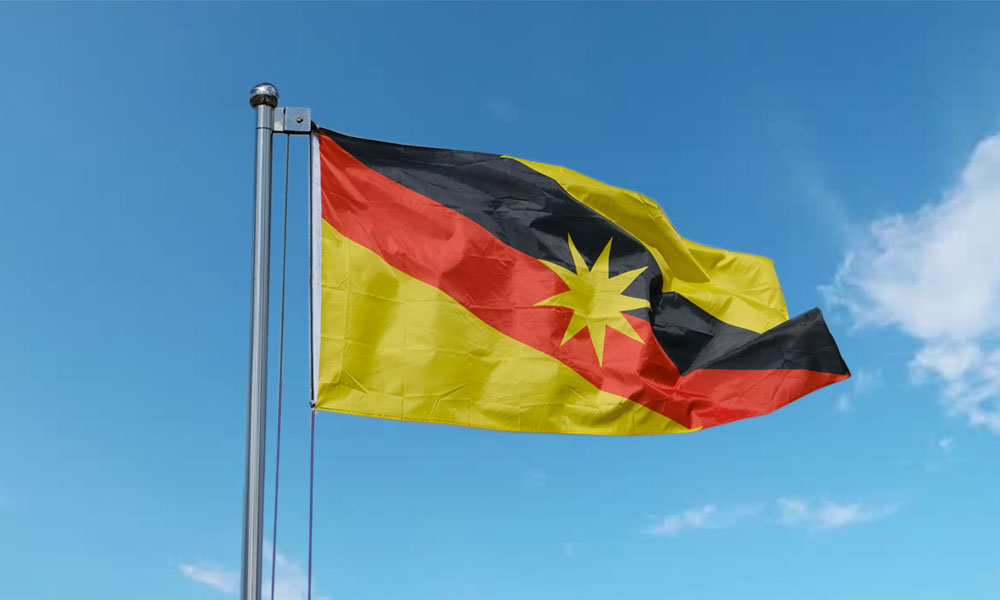
Sabah, like Sarawak, has tremendous resources and talent, with big dreams.
Sadly, this perceived gap in governance has reinforced a sense of relative deprivation among Sabahans. The state is seen as the left-behind Borneo territory, receiving less funds and poorer governance.
On the ground, these feelings are simultaneously feeding anti-federal sentiments and undermining support for the incumbent Gabungan Rakyat Sabah-led Hajiji Noor government, whose low-key accommodative style has not created a sense that he has strongly pursued autonomy for the state.
The government’s initial handling of the Sabah Law Society (SLS) legal case asking for a judicial review on Sabah’s 40 percent revenue constitutional entitlement was particularly a low point for the Hajiji government this year.
In October the SLS won a legal victory over locus standi allowing the revenue rights case to move forward.
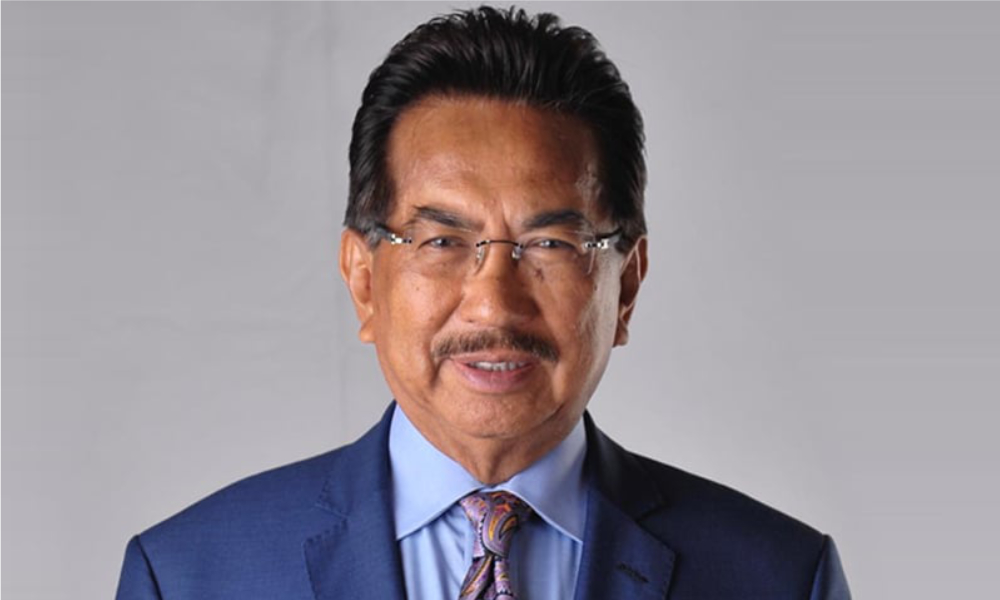
The recent appointment of perceived pro-federal Musa Aman, a former Sabah chief minister, is similarly provoking negative reactions locally, as constitutionally the appointment is recommended by the Hajiji government.
Some appreciate Hajiji’s diplomatic style, but the comparison looms large. Questions are being asked why Sabah cannot have leaders like Sarawak.
Changing political identities
The political impact of Sarawak envy goes beyond the comparison of state leadership.
There is a strengthening of being “Sabahan”, especially among the young. The focus is on what can be done to improve governance in the state.
The mining corruption scandal is important not just for the corruption concerns - which sadly is deeply embedded in Sabah with considerable public resignation towards contractors making payments - but for the negative reputational damage caused to the state.
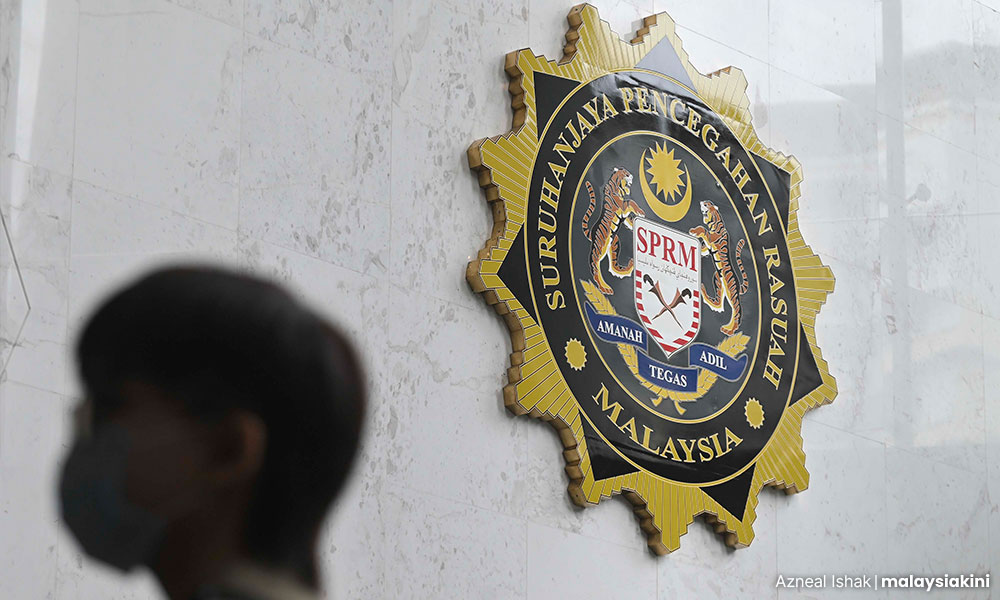
Sabahans are frustrated and tired of getting the short end of the stick in governance - they do not like being the focus of a national scandal.
These sentiments are spilling over into politics in other ways. The support for local parties, because they are local, is more deeply rooted than ever, with the “Malaya” label a more cutting divide.
There is also a watchful eye on the federal government.
In the past three elections, relations with the federal government shaped the outcome - with the end of Musa’s tenure as chief minister in 2018, the embrace of financial support from former prime minister Muhyiddin Yassin in the 2020 polls, and in 2022 the rejection of the hate speech and conservative Islam of Perikatan Nasional.
This impacted the 2022 results such as in places like Tuaran, where Prime Minister Anwar Ibrahim’s coalition benefited.
With the Sabah election scheduled to be held before October next year, the federal factor - and how it is perceived by different groups within Sabah - will be decisive in shaping its outcome.
Peninsula-based parties - Umno, PKR, and DAP - are particularly facing scrutiny.
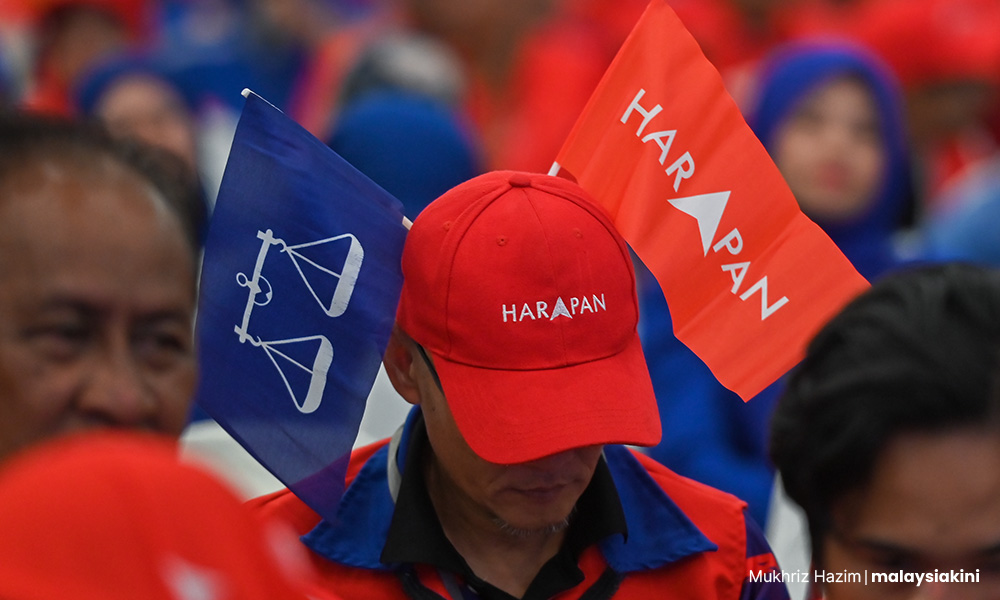
While most Sabahans have deep suspicions of the federal government, some want a strong relationship and many recognise the dependence of Sabah on federal financing - at least until the constitutional state revenue issues are resolved.
A look at the numbers
Sabah’s economy is better than perceived. Its economic numbers over the last year are positive. It contributed 5.5 percent to the nation’s gross domestic product in 2023, and is on target for record revenue of RM6.8 billion this year, with RM6.5 billion projected for next year.
It is among the leading states receiving investment in manufacturing this year, with an overall respectable growth rate for this year of two percent.
Importantly, the Hajiji government did receive the RM600 million interim special grant that boosted the state’s finances in September. Some of these funds are reaching communities in terms of projects.
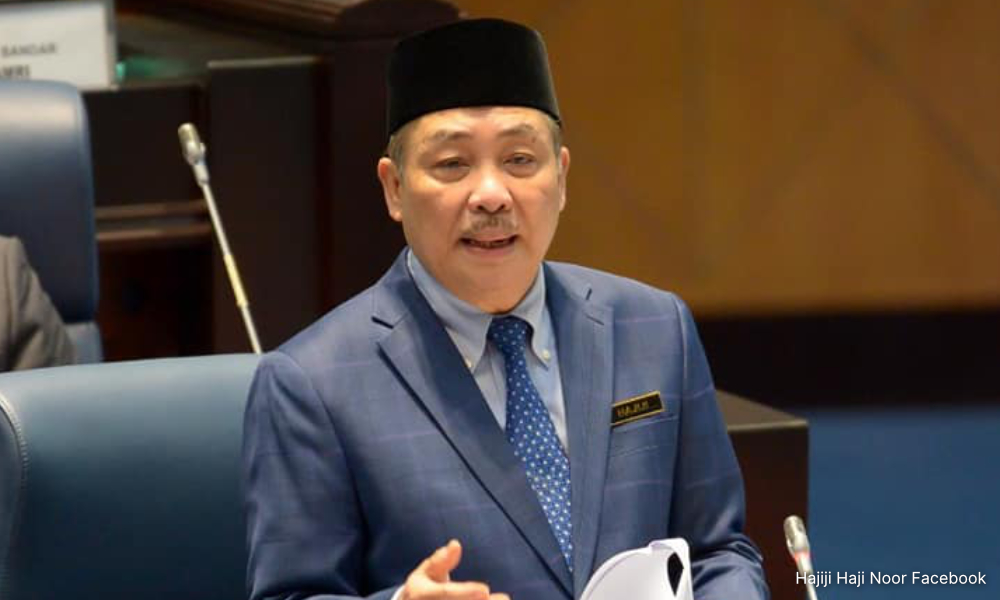
The challenge is that its southern Borneo neighbour had a projected growth rate of 5.4 percent this year and received similar funds. Even more challenging is that growth is not being felt on the ground in terms of wages, jobs and cost of living.
Inevitably with elections coming, there will be pressure in the coming year for greater revenue and results.
A generation shift
The salience of Sarawak envy cannot be understated. The reason is that it is particularly influencing younger voters under 40, who comprise a whopping 55 percent of the 1.7 million electorates (and increasing). This dynamic is shaping their political socialisation.
Younger voters are less concerned with the Malaysia Agreement 1963 (MA63), an agreement of the past. Their focus is on the here and now, especially the economy and future opportunities.
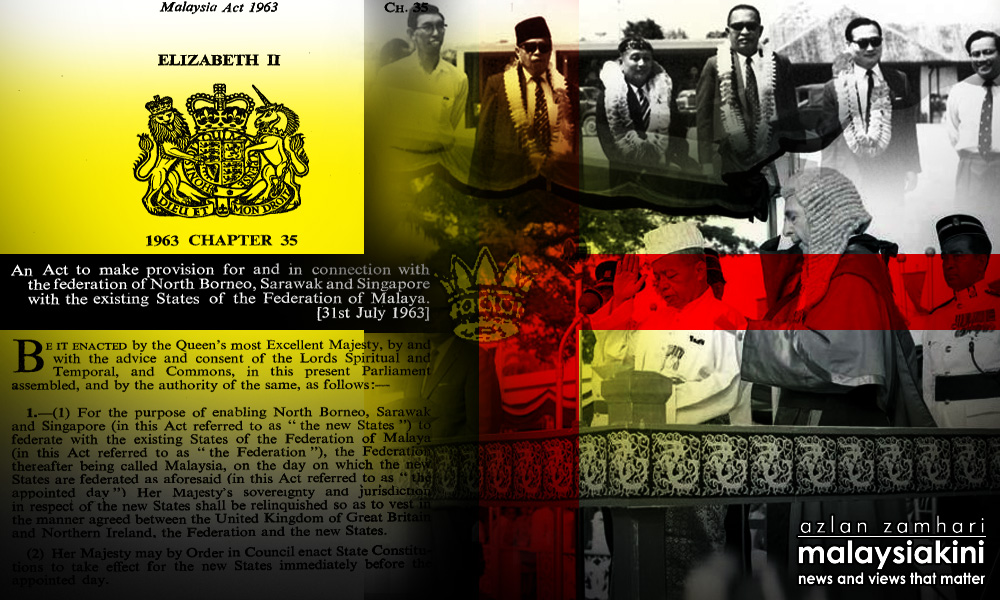
They identify with younger political leaders across the political divides. Compared to their elders, most are less engaged with politics. Many do not even know who Musa is or his legacy in Sabah as political literacy is an issue.
Nevertheless, the rise of a new generation offers space for Sabah to move forward, to address the legacies of federal interference over statelessness and documentation, for example.
Young Sabahans recognise that this is a problem that is holding sustainable development back in Sabah, as are needed improvements to infrastructure - water, electricity and roads - and to basic services of education and healthcare.
Young people do care about corruption because it is impacting their quality of life. The planned year-end peaceful anti-corruption protest by UMS students speaks to these concerns.
It should be encouraged and lauded rather than face threatening investigations from authorities and condescending calls for “academic pause”.
Students should be encouraged to invest in their futures and their voices heard. A new generation of Sabahans - those who have the power to determine Sabah’s future - should be empowered.
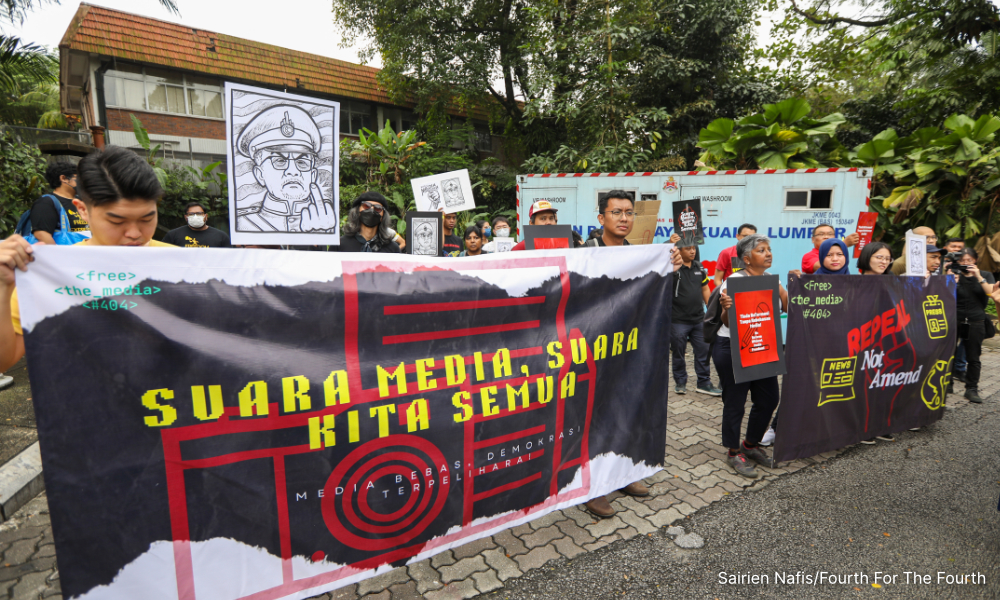
Peaceful demonstrations are a vital part of political awareness. They reinforce the need for greater accountability, something in this age of Sarawak envy, Sabahans feel especially lacking.
Changes in political attitudes and ongoing generation shifts speak to a new Sabah, a new Sabah politics. Inevitably, the demand for economic opportunities will also create political opportunities.
The situation on the ground is dynamic, with the young creating their own retro fashion for Sabah - one that will be set by them, not retrofitted by those whose fashions are outdated. - Mkini
BRIDGET WELSH is an honourary research associate of the University of Nottingham’s Asia Research Institute, a senior research associate at Hu Fu Center for East Asia Democratic Studies, and a senior associate fellow at The Habibie Centre. Her writings can be found at bridgetwelsh.com.
The views expressed here are those of the author/contributor and do not necessarily represent the views of MMKtT.



No comments:
Post a Comment
Note: Only a member of this blog may post a comment.